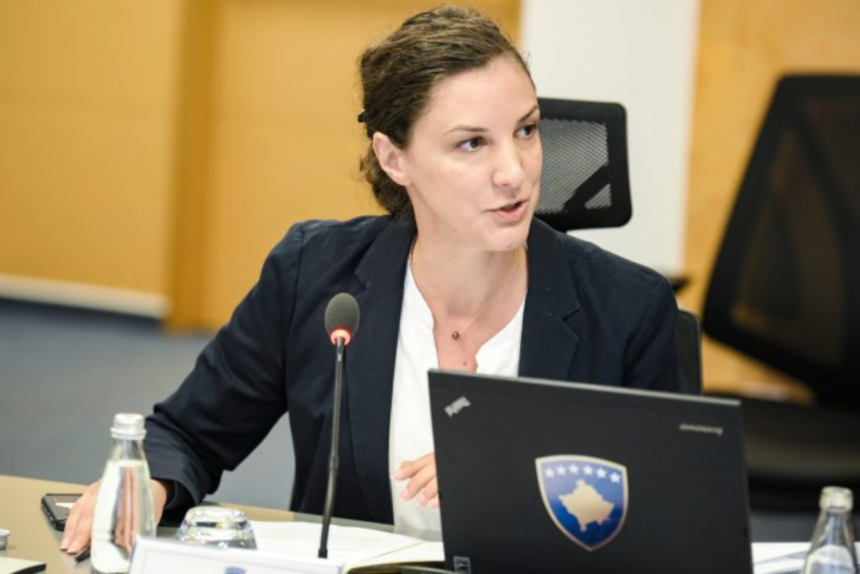The Acting Minister of Economy, Artane Rizvanolli, discussed the issue of the new electricity tariffs on Tuesday. Regarding the price increase, she stated that the Energy Regulatory Office (ERO), as an independent institution, published consultative reports on March 14, proposing an average price increase of about 15%. She added that there is a suggestion to increase the number of consumption blocks.
“I want to clarify two things: First, the decision on the tariff structure has not been made, and second, this proposed increase has not been separated or decided on how it will be distributed across specific categories of consumers, meaning businesses or households within different consumption blocks,” she said during her appearance on RTK Prime.
Regarding the issue that there will not be a single tariff block for everyone and that the 15% increase will not be the same for all, Rizvanolli stated that the Energy Regulatory Office will decide on this within approximately two weeks.
She explained that based on the analyses from all actors in the sector, it has been noted that a small portion of households consume extraordinarily high amounts of energy.
It has also been announced that the price of electricity will rise by 15%, but the decision is expected to be made on April 11.
The Chairman of the Board of the Energy Regulatory Office, Ymer Fejzullahu, denied that a decision had been made regarding the electricity tariffs, stating that the current tariffs remain in effect.
The electricity price hike has sparked significant reactions and dissatisfaction among citizens, businesses, and the presidency, but so far, the Kosovo Government has not commented on or responded to the announced increase. Due to dissatisfaction, a protest has been scheduled for April 5 in Prishtina, reports KosovaPress.
Additionally, the change in time due to Daylight Saving Time on March 30, 2025, has also altered the low tariff hours. KESCO announced that the low tariff will be valid from 11:00 PM to 08:00 AM until September 30. This change is part of the implementation of the summer tariff, allowing consumers to save more during specific hours of the night.







